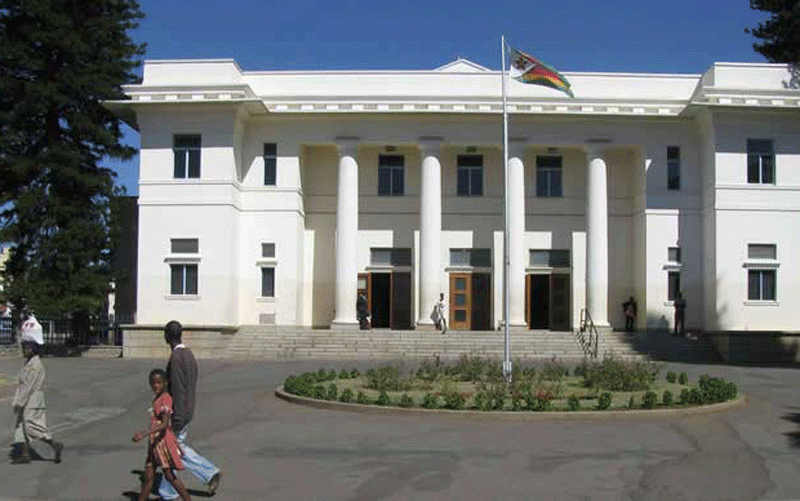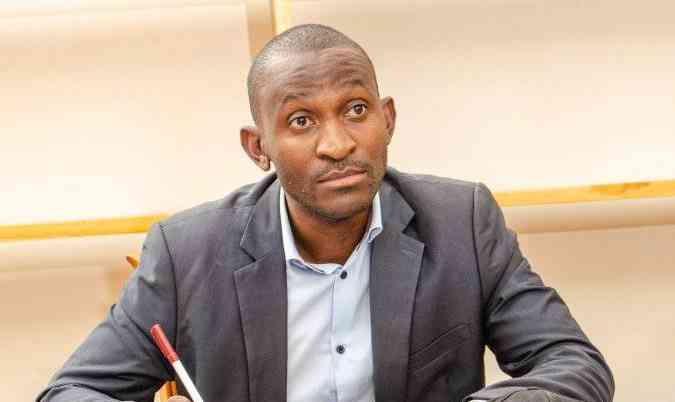
The government has given the Bulawayo City Council the greenlight to employ 500 workers to fill vacant posts after the local authority was hit by a massive exodus of workers because of poor salaries and working conditions.
Council has not been spared the brain drain with its workers leaving jobs in search of better paying opportunities abroad, especially the United Kingdom.
The local authority says the mass exodus has crippled service delivery with its health and engineering department the worst affected.
Recently, city health services director Edwin Sibanda revealed that council clinics were operating below 62%of their staffing capacity.
Sibanda said they needed an additional 190 nurses to operate at full capacity.
However, the local authority could not fill the vacant posts because of an employment freeze imposed on councils by the Local Government ministry in 2010.
In a letter written to town clerk Christopher Dube on December 1, permanent secretary in the ministry Kudakwashe Chakabva said the council has been given the greenlight to boost its staffing levels.
“The minister (Winston Chitando) has approved your request to recruit five hundred staff for the fiscal year 2023,” Chakabva said.
- Uproar over census figures
- Byo Arts Festival in turmoil…One year later, festival has yet to pay artists…Organisers play cat and mouse with artists
- Bulawayo struggles to clear housing backlog
- Council acts tough on debts
Keep Reading
“In view of the above, the ministry believes these new additions will strengthen council's employee count and equally enhance service delivery.”
Under the 2010 employment freeze order, councils are supposed to first seek authority from the ministry to fill vacant posts.
There have been reports that the ministry was rejecting the employment requests in what critics argued was an attempt to cripple opposition-run councils.
However, the government has defended its stance saying it was simply enforcing its oversight role over councils.
The government and the private sector have also not been spared the brain drain as workers migrate to other countries to flee from Zimbabwe’s never ending socio-economic problems.
The majority of employees in the private and public sector are now demanding United States dollar salaries to make ends meet as the local currency has been on a nosedive, pushing up the prices of basic goods and services.
President Emmerson Mnangagwa re-introduced the local currency in 2019 after a decade of dollarisation.









